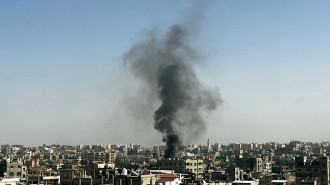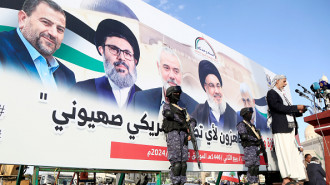West Africa bloc 'reassured' Mali will restore civilian rule
Mali's neighbours Wednesday offered breathing room to Colonel Assimi Goita, saying they were "reassured" the strongman intended to restore civilian rule after heading two coups in nine months.
Senior officials from the 15-nation Economic Community of West African States (ECOWAS) were sent to Bamako after Goita deposed the country's interim civilian leaders last month.
Goita, who had already led a coup last August, was sworn in as transitional president Tuesday.
As well as appointing a civilian prime minister, the colonel stood by a promise made by the leaders he ousted that elections would be staged next February.
ECOWAS Commission President Jean-Claude Kassi Brou told reporters: "On the key points, we were reassured by the transitional president and prime minister".
The statement will come as a relief to Goita, who has faced intense international pressure since the latest coup.
Last August, the colonel led young army officers in ousting elected President Ibrahim Boubacar Keita after weeks of protests over perceived corruption and a bloody extremist insurgency.
After ECOWAS imposed sanctions, the junta handed power to a civilian-led transitional government, which promised to restore civilian rule in February 2022.
But Goita deposed its leaders on May 24 after they carried out a government reshuffle that side-lined some junta figures.
The chronic instability has deepened fears of chaos in a country key to efforts to stem the extremist militant insurgency sweeping the Sahel.
Both the African Union (AU) and ECOWAS suspended Mali after the second coup, and urged that the previously-agreed timeline to restore civilian rule be respected.
Brou suggested that Mali's ECOWAS suspension could be lifted "after the return of the normal constitutional order," but did not offer further details.
The bloc's leaders are due to reconvene in Ghana on June 19.
Mali's formal colonial power France also suspended joint military oppositions with Malian forces pending "guarantees" about the February 2022 elections.
Maintaining its international partnerships, not least with France, is crucial for Mali.
One of the world's poorest countries, its security forces suffer from poor equipment and training.
France has 5,100 troops stationed in the Sahel to help fight militant violence that erupted in Mali in 2012 and now threatens the region.
On Tuesday, Goita appointed leading opposition figure Choguel Kokalla Maiga as prime minister of the transitional government.
The move fulfilled a key international demand for the leader of the post-coup government to be a civilian.
Maiga, 63, is a prominent member of the M5 movement, which drove the anti-Keita protests last year that eventually led to his ouster.
He told reporters Wednesday that he intends to form a new government by Sunday "at the latest".
ECOWAS is pushing for his government to be "inclusive" - potentially a tall order in the politically fractious nation.
Mali's main political groups have offered little resistance to the new state of affairs, and some have said they will support the transitional government.
Goita's appointment of an M5 member as a prime minister is also significant: The military had side-lined the movement in the army-dominated government installed after the August coup.

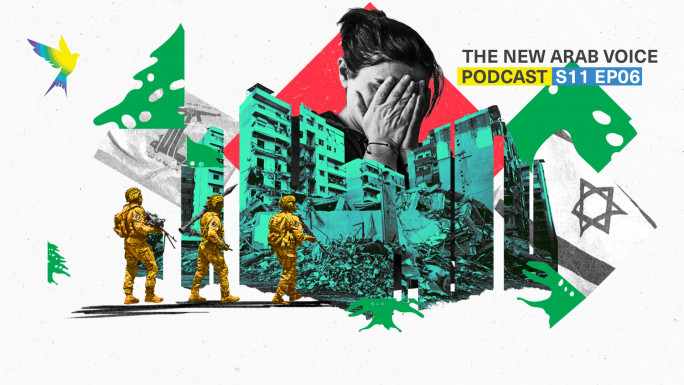
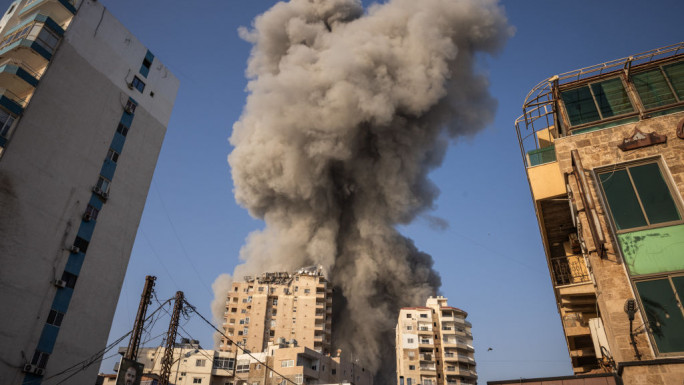
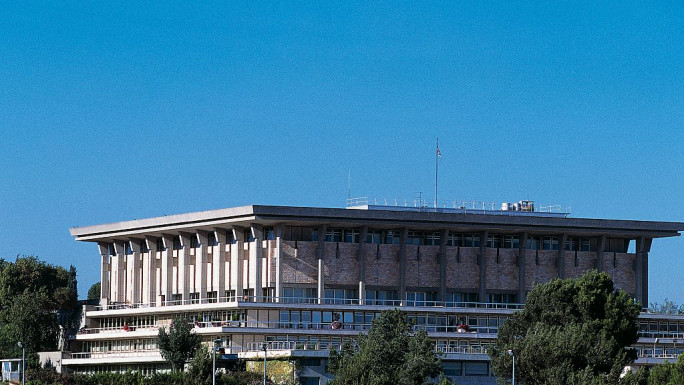
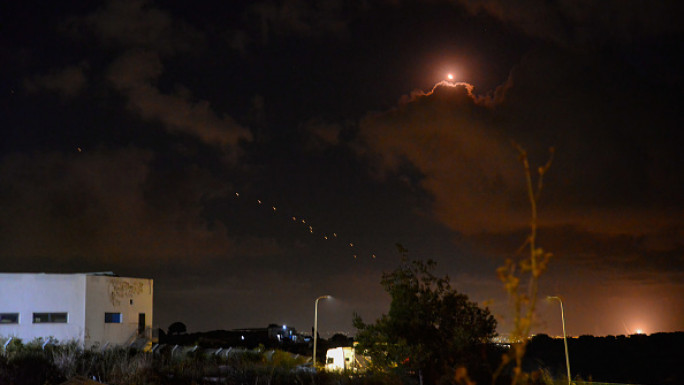
 Follow the Middle East's top stories in English at The New Arab on Google News
Follow the Middle East's top stories in English at The New Arab on Google News
![Palestinian detainees' families [Getty]](/sites/default/files/styles/image_330x185/public/1794396218.jpeg?h=a5f2f23a&itok=nESfx5RV)
